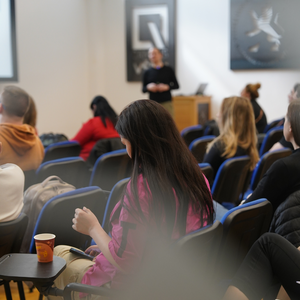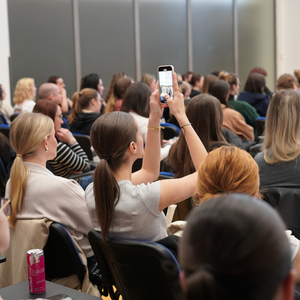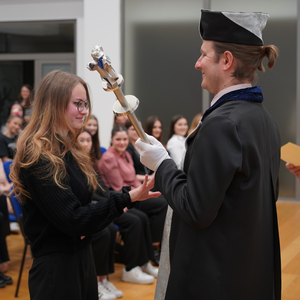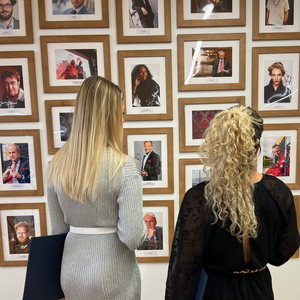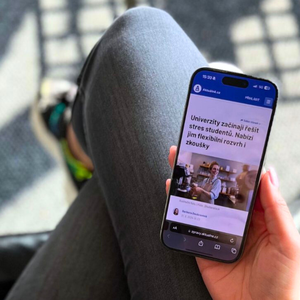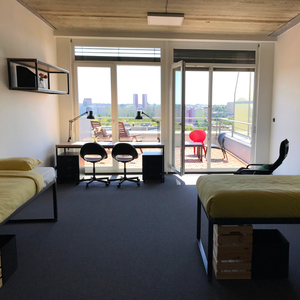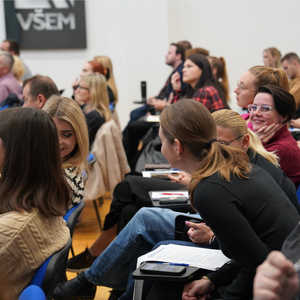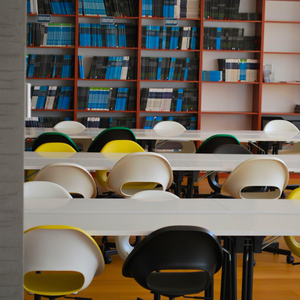Keynote Speakers
Susanna Bäckman: Education Innovations from Finland
Students today are moving into a complex future in which multiliteracy, creative and critical thinking, agile use of technologies and strong cross-cultural communication skills will be vital. Navigating complex futures means our students need more than knowing – they need to be curious, critical thinkers, creative communicators, resilient collaborators, adept researchers and responsible self-managers. In this keynote Susanna Bäckman will share how Finnish forward-looking education innovations are responding to these challenges.
Assoc. Prof. Anna Kaderabkova, Ph.D.: Human-centred design and social innovation for student wellbeing
Student wellbeing is becoming a hot topic in academic environment as a soft, so far rather neglected, characteristic of retain and study success. The contributions of human centred-design tools and social innovation concepts will be presented, including their role in designing the academic education as social service with a measurable impact. More specifically, we will look at empathy canvas, (subjective) wellbeing characteristics (and their measurement) and social impact analysis in designing student centred academic support. Social innovation and human-centred design concepts pointed to the importance of user perspective when making the service attractive and impactful. Empathy canvas offers an in-depth approach for the user centred design of a social service, measurement of subjective wellbeing characteristics makes the impact of academic support evaluable. Together the related tools can increase effectiveness and benefits for the all involved actors – both the academic service providers and consumers of the service.
Gustav Mistrík: What are the roles of artificial intelligence in education today?
How neural network technologies transform the teacher-student relationship through real-world practical experience and what implications neural network technologies and artificial intelligence have on education. The world of natural communication with robots who support the role of a teacher or educator at lower levels of education is already here. AI and NN have been created to work together with people and, in principle, improve and expand our capabilities. They have also provided a great opportunity to predict the behaviour and needs of students, to improve and support how they study, to enhance and obtain data (Educational Data Mining), etc. Thanks to the complexity of AI and NN, which are able to learn fast, communicate with people, and interact, robotic brains expand the capabilities of people and underline the positive aspects of human personality, which provides an opportunity for every teacher, educator and student. How can we design and implement the first steps towards working with a robotic assistant.
Mgr. Jaroslav Pašmik, MBA: Sustainable university in a sustainable world
In the Western World, the idea of a sustainable university has been circulating at least for 25 years. But not many universities can declare today, they are sustainable. How could we change universities, to be more attuned to the serious state of our environment? How could we change them to be more sensitive to future students, who already demand action in this field? What are the barriers to sustainable university a how can we overcome them?
Jan Veselý: Shaping the education ecosystem for the transhuman era
What will emerge when we increase our "healthspan" by decades? Let's talk about the rising significance of lifelong learning, responsibility for the learning process and the agents influencing the education ecosystem in the coming age.
